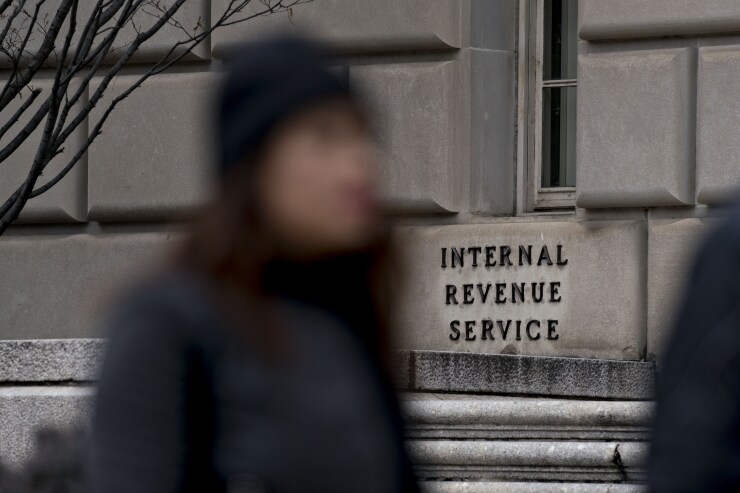Several recent tax law changes promise to help religious groups, houses of worship, charities, private foundations, utilities and other tax-exempt organizations, according to the Internal Revenue Service.
The Taxpayer Certainty and Disaster Tax Relief Act, which Congress passed in December, includes some provisions that can apply to tax-exempt organizations’ current and previous tax years. The legislation retroactively repealed a controversial provision in the Tax Cuts and Jobs Act of 2017 that was protested by some religious groups and houses of worship, requiring tax-exempt organizations to pay unrelated business income tax on the transportation fringe benefits they offer their employees, such as employer-provided parking. Thanks to the new law, tax-exempt organizations that have paid unrelated business income tax on expenses for qualified transportation fringe benefits, including employee parking, can now claim a refund by filing an amended Form 990-T within the time allowed for refunds.
The new law also helps private foundations by reducing the 2 percent excise tax on net investment income to 1.39 percent. Meanwhile, the legislation also repealed the 1 percent special rate that applied if the private foundation met certain distribution requirements. The changes are effective for taxable years beginning after Dec. 20, 2019.
Cooperative utilities such as those that provide telephone and electricity in rural parts of the country also get some benefits, thanks to the new law, which also excludes certain government grants by exempt utility co-ops. Generally, a section 501(c)(12) organization (which under the Tax Code get a “federal income tax exemption for benevolent life insurance associations of a purely local character, mutual ditch or irrigation companies, mutual or cooperative telephone companies, electric companies, or ‘like organizations’”) must receive 85 percent or more of its income from members to maintain exemption. Under changes enacted as part of the Tax Cuts and Jobs Act, government grants are usually considered to be income and would otherwise be treated as non-member income for telephone and electric cooperatives. Under prior law, government grants were generally not treated as income, but as contributions to capital.
The legislation that passed last month provided that certain government grants made to tax-exempt 501(c)(12) telephone or electric cooperatives for purposes of disaster relief, or for utility facilities or services, are not considered when applying the 85 percent member income test. Since these government grants are excluded from the income test, exempt telephone or electric co-ops can accept the grants without the grant impacting their tax-exemption. The legislation is retroactive to taxable years beginning after 2017.






